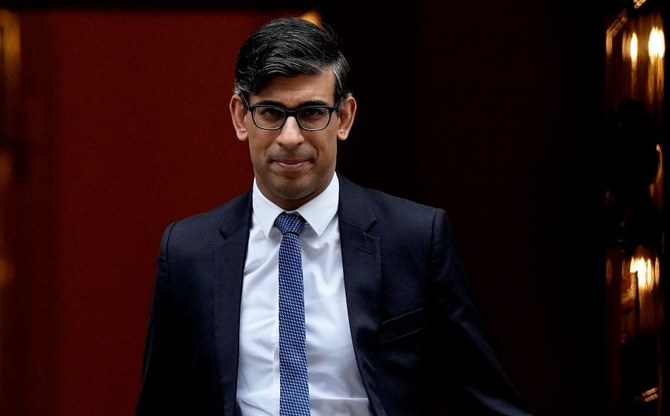
An environmental tax imposed to cut the amount of landfill appears to have incentivised illegal waste disposal such as fly-tipping, Whitehall’s spending watchdog has discovered.
The National Audit Office also said the government was collecting too little information about the effect of environmental taxes, which it said needed to be monitored to help the government reach its climate goals.
Meg Hillier, the chair of the public accounts committee, said the government must find better ways of measuring the effect of such taxes. “The fact that neither Treasury nor HMRC can say what impact environmental taxes are having on the environment speaks volumes,” she said. “Even more worrying is the possibility that these taxes are incentivising harmful behaviour – landfill tax has resulted in more illegal dumping of waste. Government must start effectively pulling all of its available levers if it’s to have any hope of achieving its environmental goals.”
The report examined tax measures with an environmental objective – the climate change levy, carbon price support, landfill tax and aggregates levy – and found that HMRC had only formally evaluated the impact of the landfill tax.
The tax, which was increased by 700% by the Treasury over the 16 years up to 2014, has signficantly reduced the use of landfill sites. But auditors said the higher tax rates had incentivised the disposal of waste in environmentally harmful ways.
“HM Revenue & Customs estimates that the misclassification of waste at authorised landfill sites and waste disposed at unauthorised sites reduced landfill tax revenue by around £275m in 2018-19 (28% of the tax due). This figure does not include any tax lost from illegal exports of waste and fly-tipping,” the report said.
HMRC has sought to reduce losses on the landfill tax by increasing its compliance work and extending the scope of the tax to unauthorised sites, auditors noted. Last year the government established a waste crime unit to tackle the illegal disposal of waste.
The report said data on environmental taxes had been collected by third parties, as well as feedback from stakeholders and tax receipts to assess the impacts of such taxes. This approach has given the government only a “limited insight” into the environmental impact of taxes, auditors concluded.
“This information can provide some indication of environmental impact, but it will rarely be sufficient to determine how far an environmental tax has changed behaviour,” the report said.
In addition to the four environmental taxes, the report noted that other levies had an impact on the environment, such as fuel duty and air passenger duty, and their performance was measured “primarily in terms of revenue raised”.
The report said there were “some good examples where planned new taxes and changes to existing tax measures were considered in environmental strategies developed by Defra and BEIS [the Department for Business, Energy and Industrial Strategy]. But the different routes for announcing tax, regulation and spending decisions make government-wide approaches challenging to develop, and there is a need for coherence across the tax system as a whole.”
Auditors concluded that the “scale of government’s environmental ambitions, particularly on net zero, means [the] government needs to consider every tool at its disposal if it is to succeed”.
Gareth Davies, the head of the NAO, said there was some evidence of the positive impact that taxes could have on the environment, but too little was known about their effect.
“HMRC and HM Treasury should work closely with other departments to ensure that existing and future tax measures are compatible with the wider environmental strategies being developed across government,” he said. “HM Treasury’s review of how the transition to net zero will be funded is an important first step in this process.”
A government spokesperson said: “We’re committed to building back better and greener from the pandemic – with the prime minister recently setting out a 10-point plan to achieve our ambitious environmental goals. The government already has measures such as the plastic packaging tax, to be introduced from 2022, the landfill tax and the climate change levy to support our environmental objectives, and our net zero review is looking at how the transition to net zero could be funded.”












